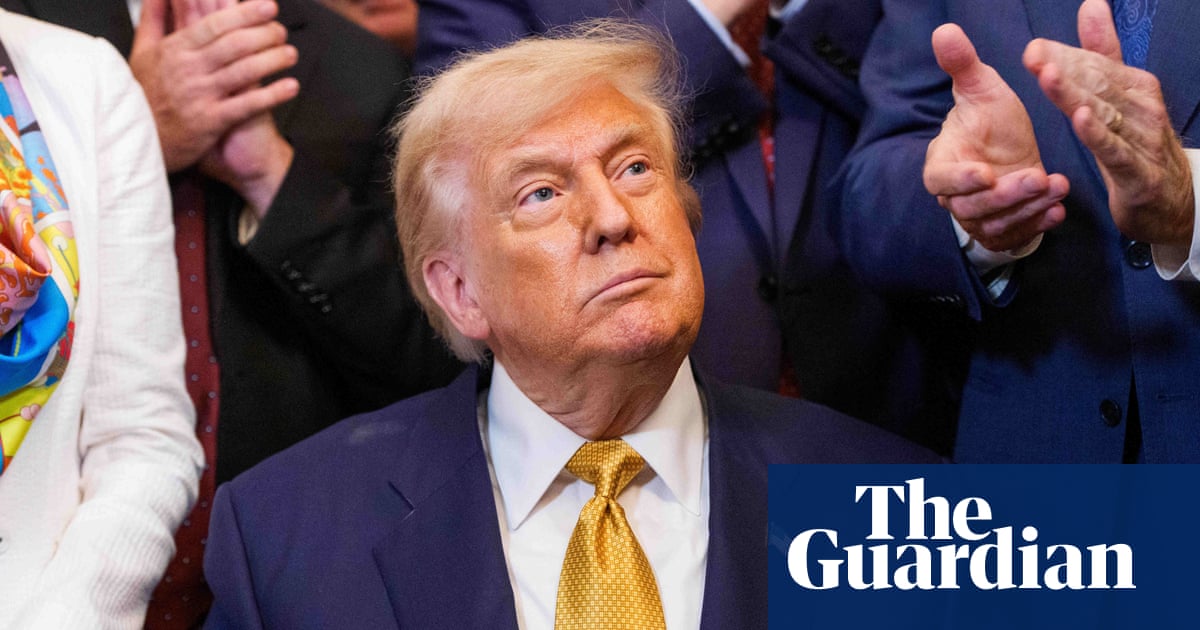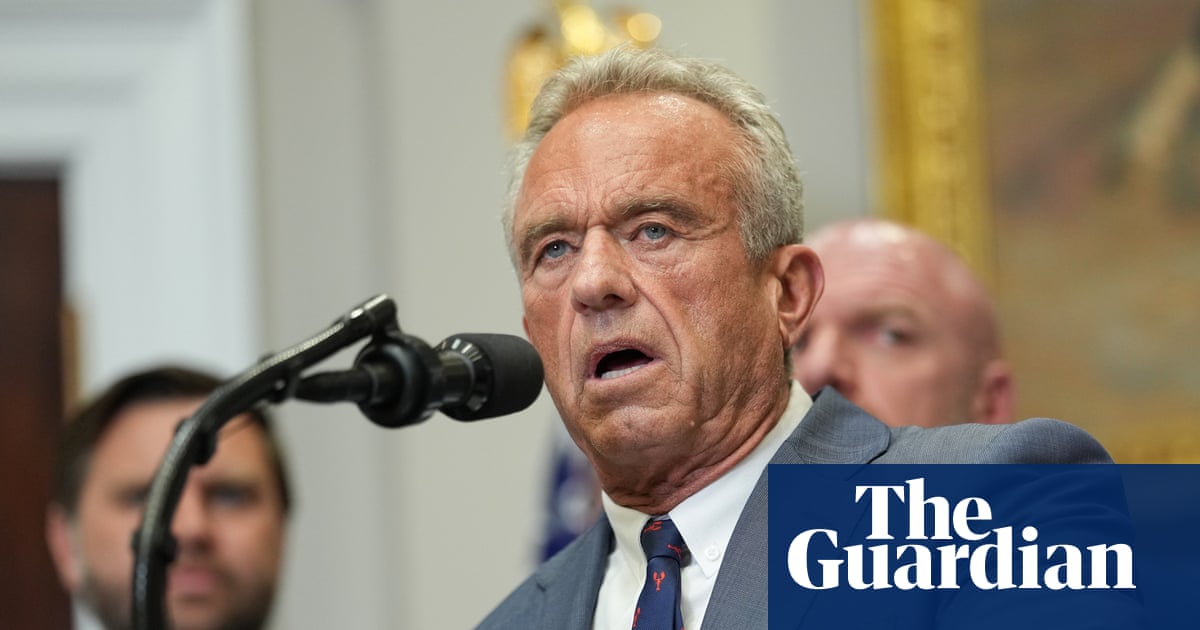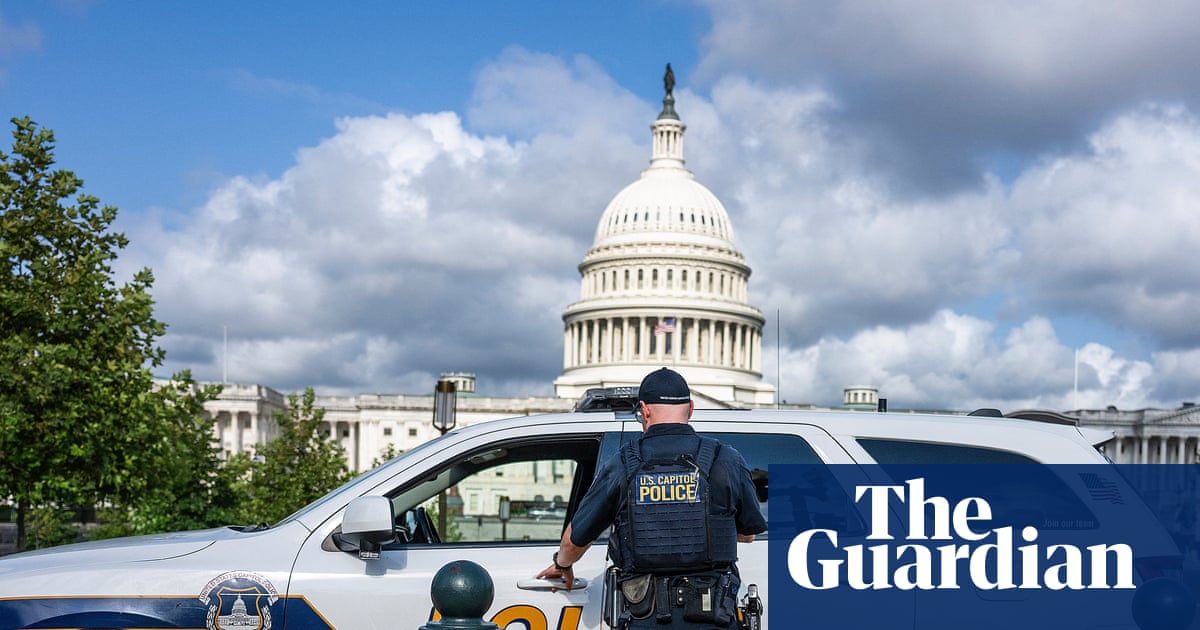President Donald Trump signed a deal with the leaders of Armenia and Azerbaijan on Friday to end decades of fighting, a diplomatic victory that also helps Trump in his push to present himself as a peacemaker on the world stage.
Trump was jubilant at the signing ceremony at the White House alongside Azerbaijani President Ilham Aliyev and Armenian Prime Minister Nikol Pashinyan. Trump proclaimed an end to a bitter conflict between the two Caucasus countries, which produced dozens of wars and skirmishes between the two neighbors over 35 years, and voiced confidence that the peace would hold in the long term.
“Now they’re friends, and they’re going to be friends for a long time,” Trump said. “You two are going to have a great relationship and if you don’t, call me and I’ll straighten it out.”
In achieving a long-elusive deal that has the potential to reshape a geostrategically critical region at the crossroads of Europe and Asia, Trump benefited from good timing and years of concerted diplomatic efforts from high-level officials in the Biden administration. Armenia and Azerbaijan have also both shown a much greater willingness to negotiate an end to their conflict.
Per administration officials who briefed reporters ahead of the signing ceremony, what ultimately put the deal over the metaphorical goal line was the Trump's decision to articulate a creative solution to one of thorniest issues in the dispute: the future of a stretch of Armenian territory between Azerbaijan and its Nakhichevan exclave.
The agreement signed on Friday at the White House by Trump, Aliyev and Pashinyan will see the United States administer a stretch of southern Armenia along Armenia’s border with Iran known as the Zangezur Corridor. An American company will further develop transportation links in the region, which in Trumpian fashion will be named after the president, to connect Azerbaijan and Nakhichevan.
Trump has privately expressed his desire to win the Nobel Peace Prize, and his second term has been punctuated by a pronounced willingness to publicly wade into several volatile conflicts. World leaders eager to get in Trump’s good graces, including Aliyev, have proposed nominating Trump for the prize. And in recent months, Trump has taken credit for deescalating brewing conflicts between India and Pakistan and later Thailand and Cambodia, as well as securing a ceasefire between Rwanda-backed militants in east Congo and the Congolese central government.
In sum, the White House and the president claim that Trump has thus far stopped six wars, “averaging about a war a month.”
But Trump has struggled to secure more high-profile peace agreements, namely one to end Russia’s war against Ukraine and one to permanently end Israel’s conflict with the Palestinian militant group Hamas in the Gaza Strip. Trump campaigned on ending both conflicts, saying that he’d end the Russia-Ukraine war on his first day in office.
In the case of the conflict between Armenia and Azerbaijan, the Trump team built off diplomatic work undertaken during the Biden administration and using many of the same frameworks the Biden administration proposed to Armenia and Azerbaijan.
“We moved the ball quite far down the field — obviously did not get a ratified peace agreement, but got the essence, the major principles of a peace agreement agreed between the two sides,” argued Mike Carpenter, who served as senior director for Europe on the Biden administration National Security Council.
Aliyev and Pashinyan both reacted positively to the frameworks the Biden team outlined, but Baku opted to wait for the presidential election to unfold, former officials said, before committing to any peace deal.
The deterioration of the relationship between Russia and Azerbaijan also helped get the deal across the line, argued Matthew Bryza, a former U.S. ambassador to Azerbaijan. On Christmas Day 2024, Russia allegedly downed an Azerbaijani passenger plane using a surface-to-air missile. Russian leader Vladimir Putin never apologized for the incident, and successive mistreatments of Azeris in Russia rattled Aliyev.
Friday’s deal affords Baku a great deal of other concessions. The U.S. will again provide Azerbaijan with security assistance — which at one point totaled $100 million between funding and military equipment. Washington will also withdraw from the Organization for Security and Cooperation in Europe’s Minsk Group, a negotiating group led by the United States, Russia and France which Azerbaijan complained was unnecessary after it took back the Nagorno-Karabakh enclave after its 2020 war with Armenia.
Armenian diaspora groups have criticized the agreement, arguing that it blocks any lasting peace by postponing discussions about the right of Armenians displaced from the Nagorno-Karabakh enclave in 2023 to return to their homelands, as well as the status of prisoners of war taken by Azerbaijan and Armenian cultural sites in the enclave.
But the White House insists the deal is still a positive one for Yerevan, one that gives it the U.S. and a strategic commercial partner.
Trump’s embrace of dealmaking on the world stage wasn’t an expected component of his “America First” foreign policy. The White House says Trump’s “America First” definition hasn’t changed, but limited knowledge of international conflict at the time prevented him from speaking about it more. Meanwhile, part of Trump’s most loyal MAGA base disagrees with some of Trump’s international involvement.
“There's only so much that you know on the campaign trail and then when you get into the West Wing, you understand what the hell is actually happening in the world,” said a White House official granted anonymity to speak about internal strategy. “And in many ways, had [Trump] known this, I think it probably would have been a larger foundation of his campaign.”
In some corners, the hope is that ending the Armenia-Azerbaijan conflict could also help Trump end the Russia-Ukraine war. Trump said Friday that Putin “wants to see peace” and that he would meet with the Russian leader soon. Later he posted on social media that he would meet with the Russian leader on Aug. 15 in Alaska.
“This Azerbaijan-Armenia thing squeezes Putin. This is Trump bringing peace to two former Soviet republics,” said Victoria Coates, who served as deputy national security adviser during the first Trump administration.
Myah Ward contributed to this report.

 German (DE)
German (DE)  English (US)
English (US)  Spanish (ES)
Spanish (ES)  French (FR)
French (FR)  Hindi (IN)
Hindi (IN)  Italian (IT)
Italian (IT)  Russian (RU)
Russian (RU) 























Comments